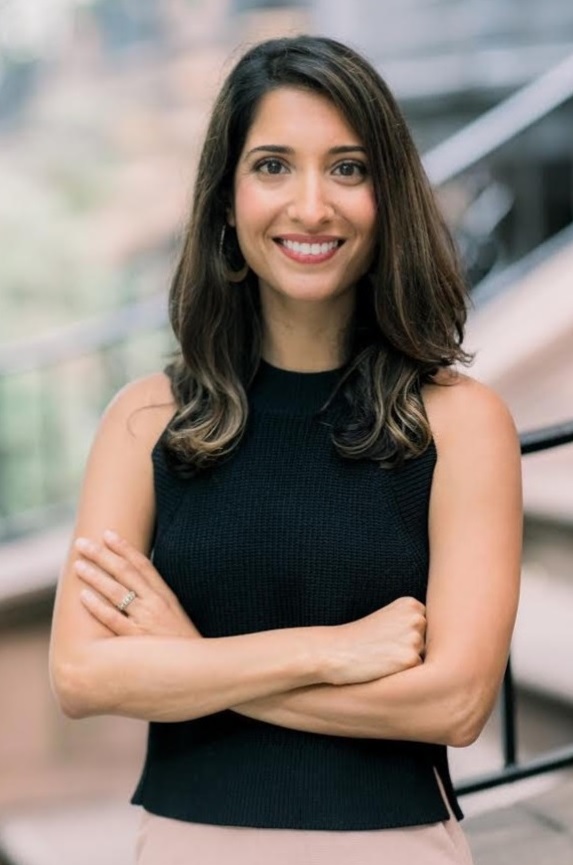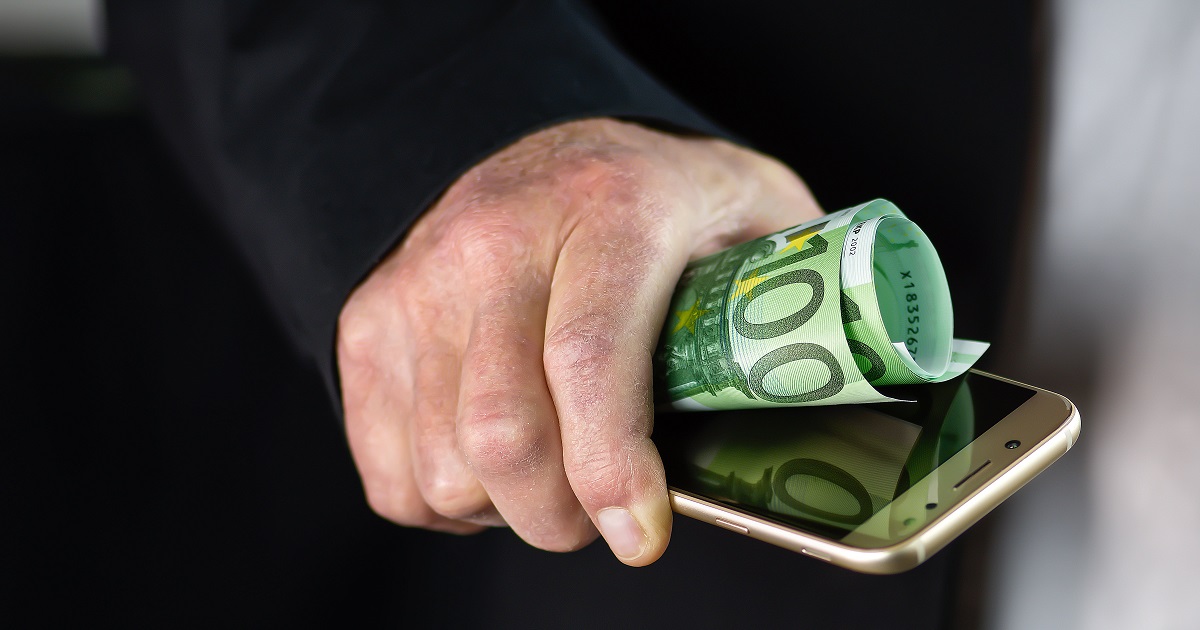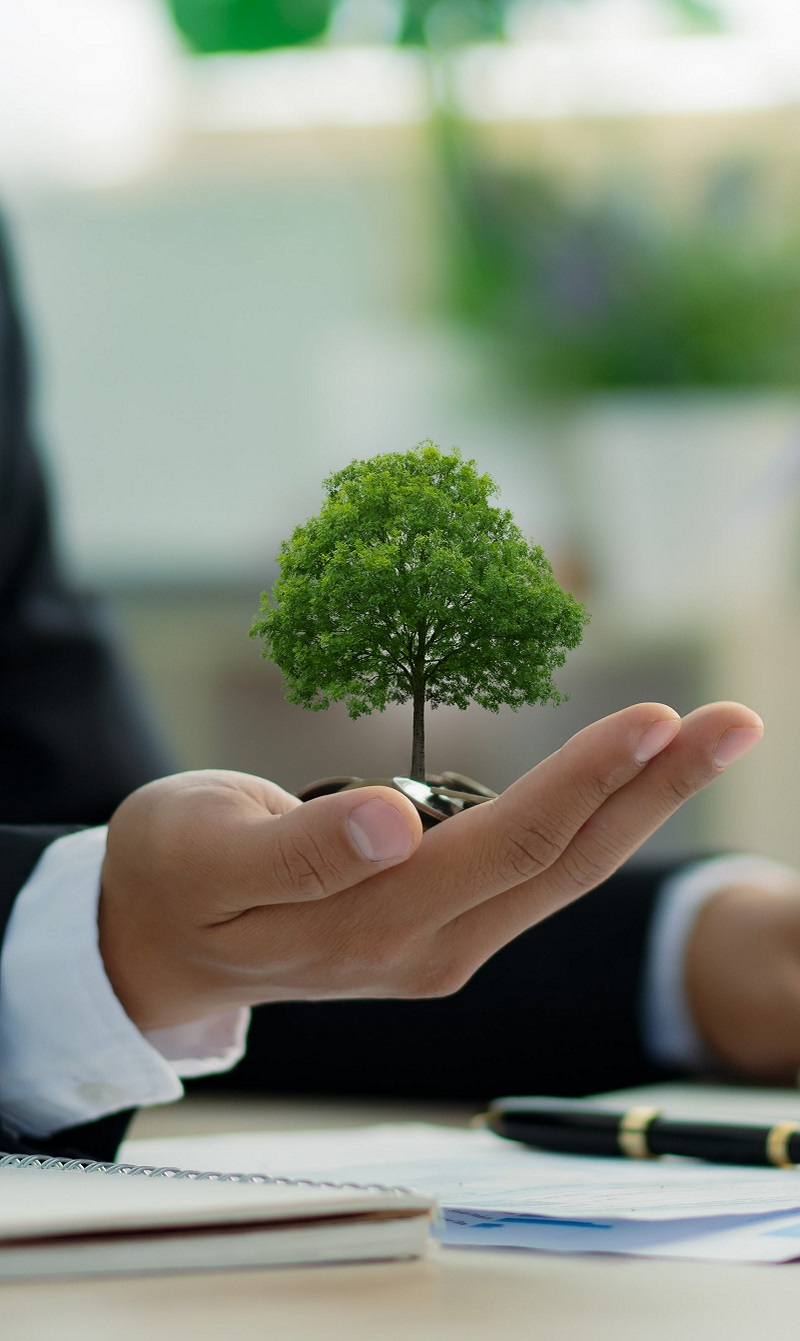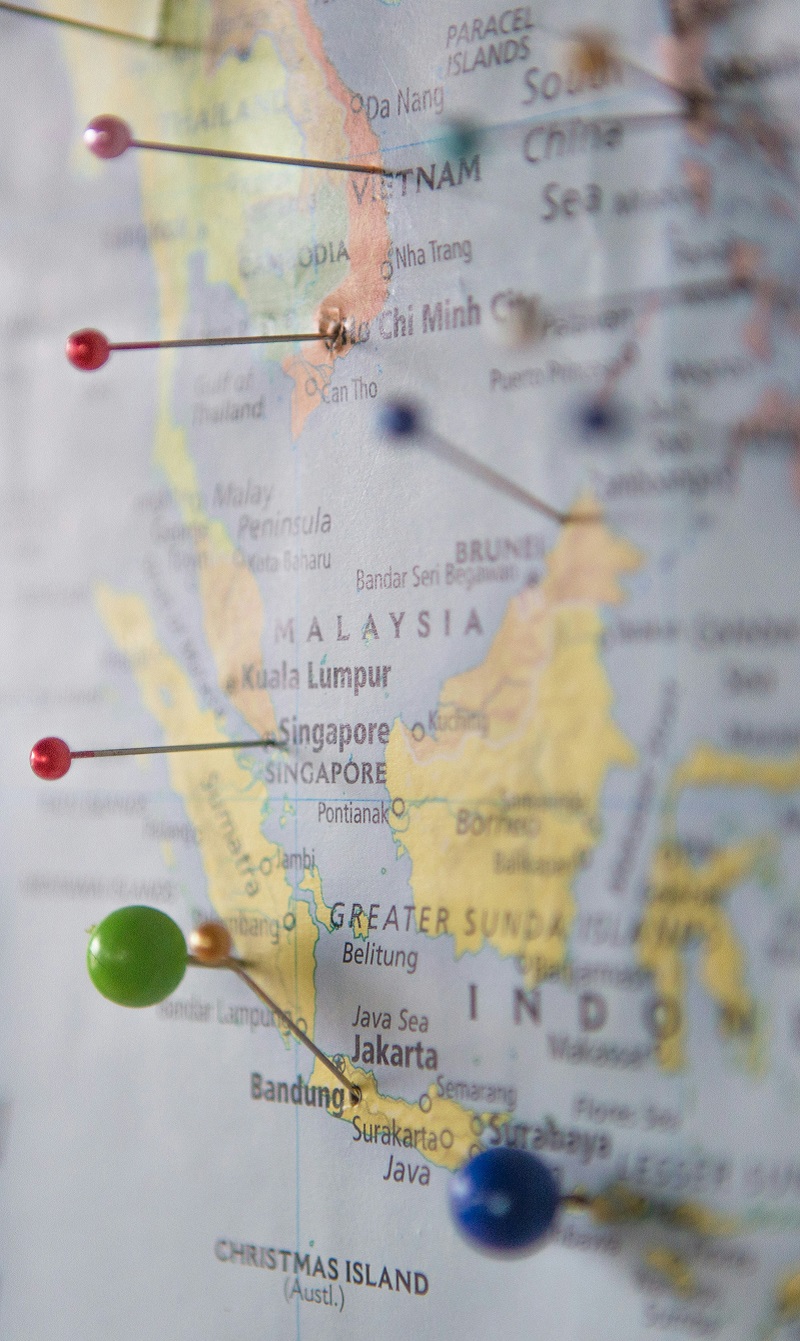Turning the Tide
Historically, social consciousness and financial success haven’t gone together outside of philanthropic initiatives. CEO of Tala, a smartphone lending app, speaks to Reyana Nacerodien about breaking the mould with its smart, effective and efficient service as an economic change agent. This article first appeared in issue 6 of In Focus magazine.
Nearly half of the global population is excluded from the formal financial system. These often-marginalised people aren’t able to make use of, and reap, the benefits of institutional financial support. Tala has entered the market with a strong drive to change. Led by serial innovator, 37-year-old Shivani Siroya, the business vehemently pushes to match their work to their belief that every person deserves the opportunity to take charge of their financial life. This belief has driven the business forward since its start in 2011.
TeamTala, as they affectionately call themselves, now boast about being a proud partner to over four million customers in emerging markets around the world. What they’re most proud of though, is how they are advancing the lives and communities of those customers.
What They Do
Basically, the business offers smart loans for people with no credit history giving a largely untapped market access to life-changing capital. ‘We’re a data science and mobile technology company that is changing the way that people access financial services, but, more importantly, that we are giving them choice and control over their financial lives,’ explains Shivani, Tala’s founder and CEO. She’s a TED Speaker as well as TED Fellow, and was nominated by Melinda Gates in 2018 as one of the 25 icons who will shape the future. Her areas of expertise include data science, econometrics, finance, microfinance and mobile technology.
Tala taps into customers’ smartphone data to offer the world’s most accessible consumer credit product, instantly underwriting and then disbursing loans to people who have never had a formal credit history. The mobile app lets people in Kenya, the Philippines, Tanzania, Mexico and India take out small loans that range from USD10 to USD500. ‘We’ve developed an Android application that allows anyone around the world to actually get scored and get access to capital using just the data on their mobile devices,’ explains Shivani.
While working in microcredit, Shivani quickly noticed the very limited change potential of the system. ‘The problem was these loans didn’t move people out of the informal financial service market into the financial system,’ she says. ‘It didn’t give people real choice and control.’ A brainwave struck. That brainwave then took root in the statistics representing mobile phone penetration in Africa. Remarkably, statistics show that more people have access to a mobile phone than to electricity, and it’s expected that smartphone usage exceeds 600 million.

Shivani realised that people didn’t need a traditional credit history given the wealth of data that could be derived from their device. 10,000 data points gathered from a smartphone user illustrates a robust picture about a person’s likelihood to repay a loan with a high margin of accuracy. Once approved, a Tala borrower can get credit through their phone in only a few minutes. ‘The entire process for about 85 per cent of customers takes under two minutes – literally from downloading the app, registering, getting scored, and actually getting money into their account,’ says Siroya.
How They Do It
Basically, mobile data is used as a credit score. ‘Data allows us to really understand the identity of this individual, to understand their capacity and whether they can actually afford to repay, and then, lastly, to understand their behaviour, to understand the likelihood of whether or not they will actually repay the loan. We do that in about 5 to 10 seconds,’ explains Shivani. ‘We want to understand, do you have loans outstanding? What is the amount of money that you get paid on a daily, weekly or monthly basis? Are you someone who’s really consistent with making your bill payments? A lot of that information is actually sitting on the device, around the world, as opposed to on email.’
The Tala application makes use of software that seeks that kind of transaction-type data. In addition, behavioural data is sought. ‘Other things in terms of behavioural stuff, which is more around your character and that likelihood piece, that’s really where it gets more interesting. It’s the kind of apps that you use. How do you actually use your phone? How many calls are you making throughout the day? How many messages are you sending? We bring in about 10,000 different data points per individual, and it’s about 90 days’ worth of historical data when a person actually downloads a device. All of this gives us a really good sense of the daily life of this customer. So, it’s not just these random data points but it’s really about the context of their daily life,’ says Shivani.
Transformation in Action
While others have attempted to offer digital finance opportunities, Tala remains mission-driven. Beyond the technology behind the app and business, the transformative impact is the biggest achievement.
A study conducted in Kenya showed that Tala has had a positive immediate impact on customers’ lives since it launched in the country in 2014 by helping them through income shocks and reducing the emotional stress of those. The team recently celebrated five years of working in the country having partnered with over three million customers. Kenyans have used Tala loans to start and grow businesses, pay school fees, cover medical bills, and as general assistance through life’s financial challenges.
The business further supports financial health of its customers by offering regular advice on the subject and engaging in customer campaigns. Recently, Tala introduced Money March in partnership with the Digital Lenders Association of Kenya to help build healthy financial habits around the theme of family finance. This level of customer educational engagement is maintained through initiatives such as Tala Talks, which is a financial advice audio drama series produced by the business for its customers.
Stories of life changes abound for Tala users. Emmanuel, a Kenyan wildlife ranger became a customer in 2015. He went from struggling to make 50 shillings (less than USD1) per day to landing his dream job, moving into a new home, and sending his son to school –all in the space of a few years. ‘Tala has been the best thing that I’ve ever had. It was Tala who gave me that first chance, that first trust, that first step. And now I’m here. I’ve brought my family to Nairobi. We have a really nice house and my kid is going to school. Everything’s rolling out positively, thanks to Tala,’ he reports.
In 2016, in the Philippines, Aimee, a talented cook, dreamt of starting her own food stall business. Unemployed, living in the largest informal settlement in the area and with a family to see to, this seemed impossible. Her husband worked but they struggled to raise enough to get a new place. She applied for loans from several banks, having to navigate endless, complex paperwork, but was denied each time because she had no credit history.
Tala stats show that Aimee isn’t alone, with 73 per cent of people in Southeast Asia and over 77 million people in the Philippines alone still remain unbanked. This prevents people like Aimee from accessing capital to improve their livelihoods. ‘I started with just 1,000 pesos. I thought about how I could grow my limit, so discipline kicked in. I offered my products to neighbours and nearby offices. Over time, my limit increased as my business continued to grow as well,’ Aimee explains. In just two years, Aimee was able to double her family’s income, move them to a bigger apartment in a safer neighbourhood, and use the profits from her food stall to open another business selling beauty products.
Though worlds apart, both the lives of Aimee and Emmanuel have been forever changed. Their futures and that of their families hold even more possibilities, not only because of these changes, but because of the continued relationship with Tala.
Final Words
The business explicitly states, ‘At Tala, we believe every person deserves the opportunity to take charge of their financial life. That’s why we’re building a financial system that works for everyone’. With nearly half of the global population unable to participate in the formal financial sector, the Tala offering is geared to facilitate growth and tangible change in customers’ lives. Beyond that, TeamTala’s work is enabling new ideas, businesses, innovations and further possibilities.
With a view to the future, Shivani says, ‘I believe that Tala will be a full financial services platform that empowers the customer in every aspect of his or her financial life. I also believe that, five years from now, we’ll have proved that it’s possible to succeed by doing things differently — that mission and profit aren’t a zero-sum game, that you can be for both of these things and still win.’
Main photo by Willfried Wende from Pixabay





